Did you know that your local authority’s education committee has unelected members who get to take part in discussions and even vote?
Most parents don’t know about the Local Government (Scotland) Act 1973, which requires all local authorities to appoint three religious representatives to their education committees.
Legally, education committees must include one member from the Church of Scotland, one member from the Catholic Church and a third member from another religious community.
Religious education representatives have long been a staple of Scottish education, but with religion on the decline across the country, more people are beginning to question the arrangement.
In Aberdeenshire, the council recently struggled to fill the seat for its third religious representative, and councillors in Orkney have been asking whether it’s time to remove voting rights from members.
But the fact remains that, for now, the relationship is fixed by law. And that means that church leaders, opponents and voters all need to come to grips with how the system functions.
Take our poll below to tell us whether you think it’s time to reconsider the relationship between religion and education and get in touch with us to share your thoughts.
Where do religious education representatives come from?
The church leadership in the Church of Scotland and the Catholic Church are responsible for nominating their members.
Councils typically fill the third seat with a representative from a religious group that is well-represented in the area.
In Orkney, Shetland and the Western Isles, one seat is reserved for a Church of Scotland member. Due to their small size and demographic breakdown, the councils can fill the other two with members from any other religious group in the area.
For years, non-religious groups such as the Humanist Society Scotland have advocated for abolishing this arrangement.
They argue that Scots are moving away from Christianity and religion in particular and that religious education representatives – in addition to being unanswerable to voters – are no longer representative of the communities they serve.
But the Church of Scotland sees religious representatives as playing a vital role not only in the Church’s interests but for the community at large.
And many church leaders and representatives said that, if it came down to having a seat at the table or getting to vote, they’d give up the vote without much of a fight.
What powers do religious education representatives have?
Depending on the persuasions of each council, religious education representatives may or may not have the power to vote in committee.
Here’s how that ability breaks down in councils across the north and north-east:
- Aberdeen City: Yes
- Aberdeenshire: Yes
- Highland: Yes
- Moray: No (Voting power removed June 30, 2021)
- Orkney: Yes
- Shetland: Yes
- Western Isles: Yes
The right to vote has long been a point of contention and has occasionally triggered controversy. In 2019, a Perthshire primary school was closed due to decisive votes cast by the committee’s religious representatives.
Just two months later, Perth and Kinross Council became the first Scottish local authority to strip its religious representatives of voting rights.
If not to vote, what’s the point?
It may seem like not being allowed to vote makes it a moot point for religious representatives to sit on committees. But church officials disagree.
Marian MacIntyre is with the Church of Scotland’s Faith Impact Forum and helps to oversee and advise the church’s education representatives. She said that there is much more to the relationship between the representatives and the committee than casting votes.
“Voting rights is a question that’s come up by those who think the day has come for religious reps to be phased out. But I would say that sensitive and informed discussions are more important than voting rights.
“In some local authorities, voting rights have been waived, but that doesn’t mean that religious reps can’t have an influence on discussion. I think that religious reps bring the ethos of their faith group and of a large organisation behind them.”
In fact, in many local authorities, committee decisions are made via consensus. This means that an individual vote is less influential than the overall discussion that leads to a decision.
As long as this relationship exists, and as long as local authority religious reps is a statutory appointment, we have to maintain that responsibility.”
– Marian MacIntyre, Church of Scotland
What does a decline in religion mean for education representatives?
According to a survey carried out by YouGov on behalf of Humanist Society Scotland, around one million fewer Scots consider themselves Christian in 2022 than in 2011.
In 2011, 53% of people in Scotland identified as Christian. This year’s poll suggests that the 2022 census will show that percentage is now down to 33%.
Mrs MacIntyre didn’t deny these numbers, but she said they shouldn’t mean the death knell for religious representatives.
“The paid-up membership of the Church of Scotland is declining, we know that. It’s declined rapidly.
“But there is still support for people of faith and still support for school chaplains and local religious representatives. I think the pastoral role is an important one.”
And that pastoral obligation extends beyond the congregation, she added.
That’s a very strong message that comes out of the Church of Scotland: We are placed in a community, and every part of that community is our responsibility.”
– Marian MacIntyre, Church of Scotland
“Of course, the Church of Scotland has traditionally and will continue to minister to the whole community, not just paid-up members of the congregation.
“That’s a very strong message that comes out of the Church of Scotland: We are placed in a community, and every part of that community is our responsibility.
“I would say it’s a great honour and a privileged position that we have to have our representatives there. But obviously with privilege comes responsibility and we really do encourage our representatives to keep this relationship going and engage in this important and vital part of community life.
“As long as this relationship exists, and as long as local authority religious reps is a statutory appointment, we have to maintain that responsibility.”
Time for a change?
But is it time for that relationship to come to an end?
Secular groups in Scotland say yes. Humanist Society Scotland has long advocated for a change to the law.
Chief executive Fraser Sutherland told The P&J that he thinks the system doesn’t represent Scotland’s demographics.
“Not everyone is a member of either the Church of Scotland or the Catholic Church.
“There’s a lot more diversity now that there wasn’t 200 years ago.”
These people are unanswerable to the electorate and the result of that is an archaic system. We don’t think it should exist. Full stop.”
– Fraser Sutherland, Humanist Society Scotland
“This system doesn’t reflect the modern day, and it would be better if it did reflect the modern day. Which is that the vast majority of the population is non-religious and there is much more diversity.”
But more than anything, he argued that religious representatives don’t have a place in a democratic organisation because they are appointed, not elected.
“These people are unanswerable to the electorate and the result of that is an archaic system,” he said. “We don’t think it should exist. Full stop.”
He referenced how most local authorities include representatives for teachers, parents and students on their education committees.
But these only serve advisory roles and aren’t given voting powers.
“Why have (religious education representatives) got more privilege than the young people who go to the schools?”
What do you think?
Do you think it’s time to rethink the system? Should religious representatives play a role on education committees in the north and north-east?

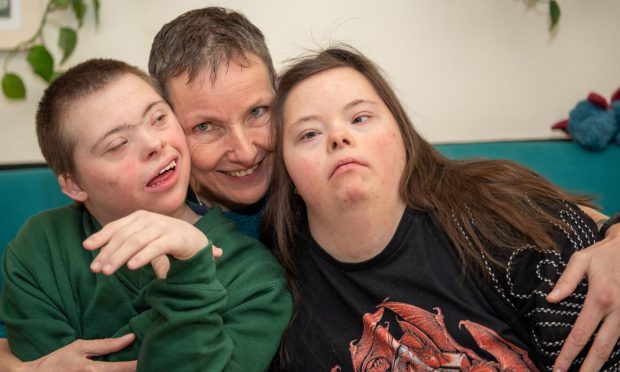

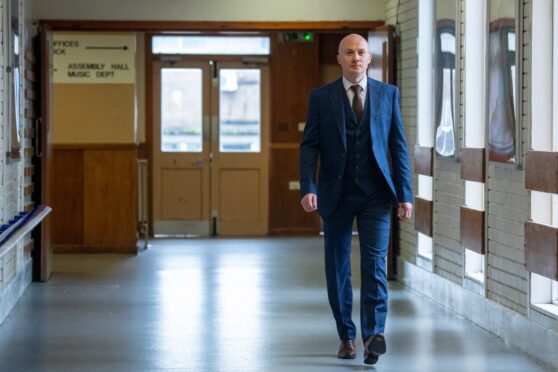
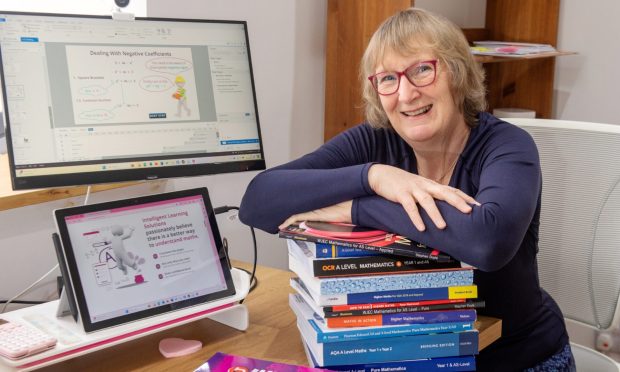
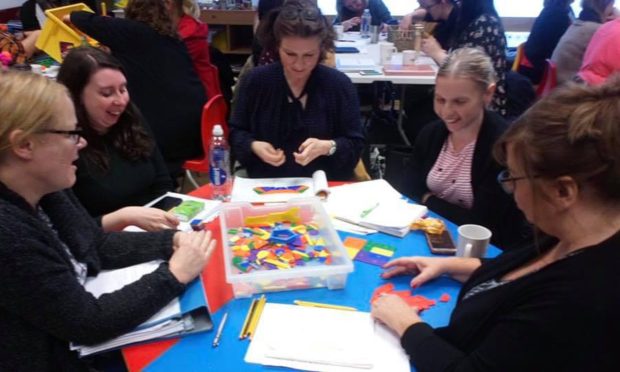
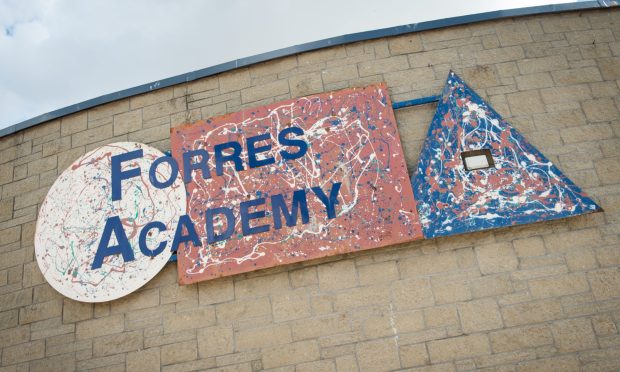
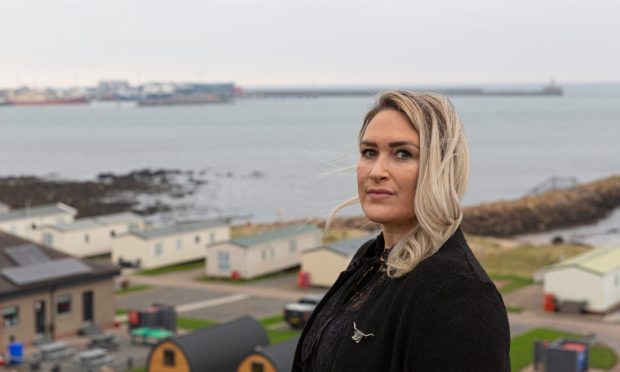
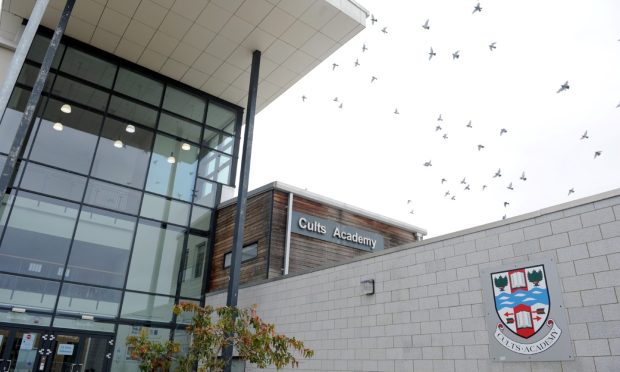

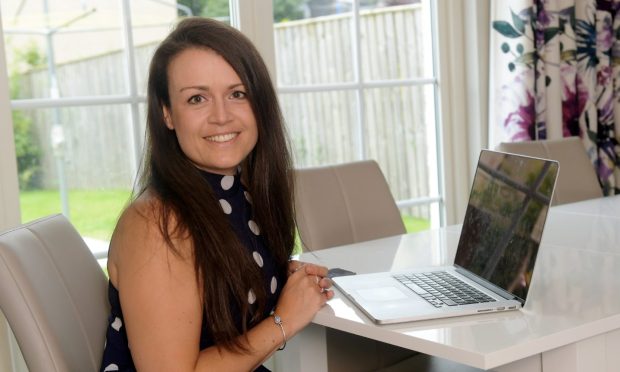
Conversation